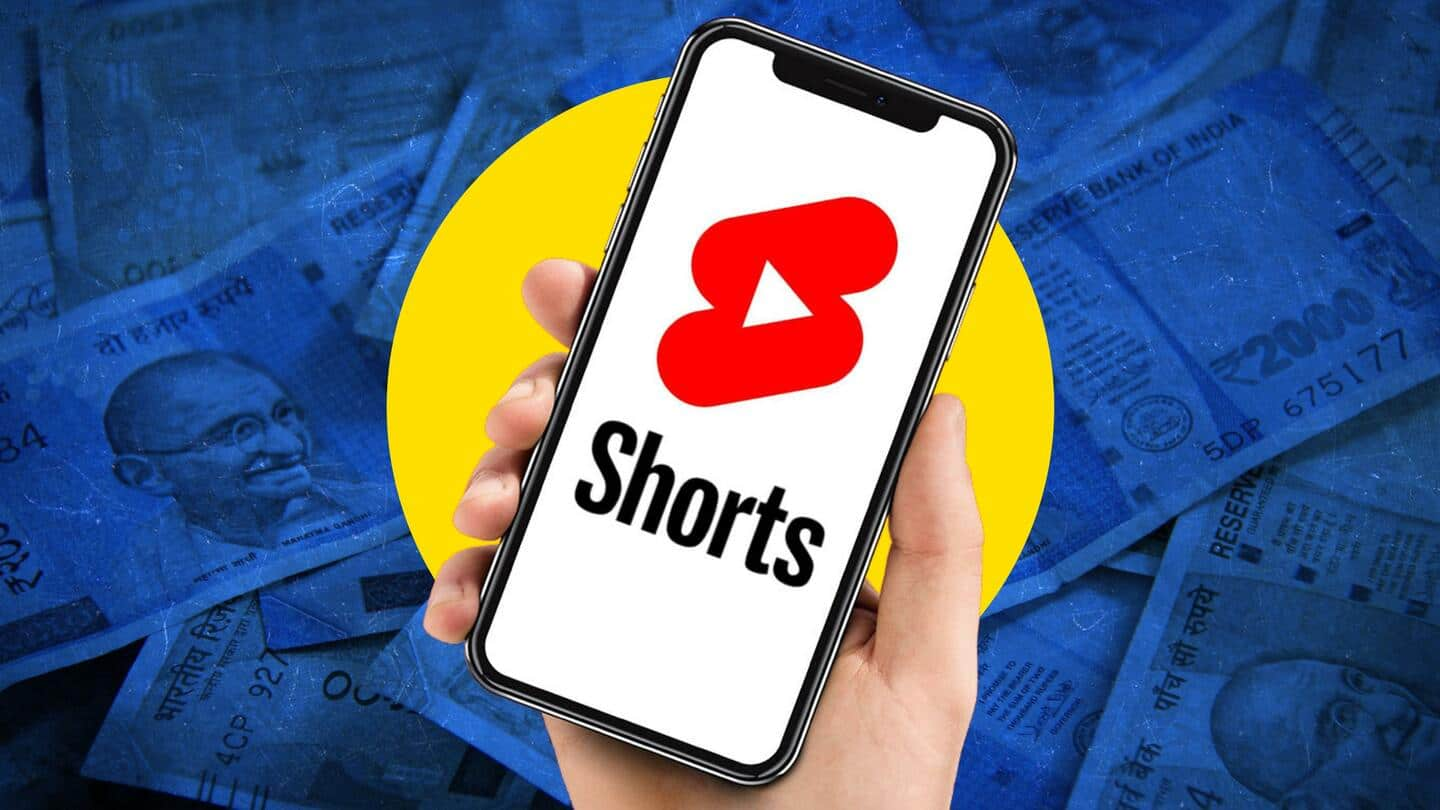
YouTube will start sharing Shorts ad revenue from February 1
What's the story
Last September, YouTube promised that the monetization option for Shorts is on the way. The company has kept its word.
Starting February 1, YouTube Shorts creators will be able to make ad revenue. The change is part of a comprehensive update of the YouTube Partner Program (YPP).
The Shorts platform has been steadily growing in popularity, increasing the call for ad revenue sharing.
Context
Why does this story matter?
YouTube introduced Shorts to rival TikTok in 2020. Since then it has become a favorite of YouTube users and content creators.
Per some estimates, YouTube Shorts receives 15 billion views daily. Of course, TikTok still leads the race when it comes to short videos, but it has never shared ad revenue with creators.
With the new update, YouTube has one-upped TikTok.
Shorts monetization
Ad revenue sharing will replace creator fund
The biggest change to YPP is YouTube's decision to share ad revenue with Shorts creators. Before this, Shorts creators earned money from things like shopping integration, Super Chats, and the YouTube Shorts fund.
The new model will replace the creator fund and bring Shorts Creators on par with traditional YouTubers.
According to YouTube, the new model will allow creators to earn more.
Dynamic approach
The new YPP agreement has different modules
YouTube has chosen a modular approach for the updated partnership agreement. There are four modules, including "Base Terms," "Watch Page Monetization," "Shorts Monetization," and "Commerce Product."
Every creator (even the current ones) has to accept the first part by July 10, 2023. If not, their ability to monetize will be turned off.
Other modules can be accepted separately.
Different modules
YouTube recommends creators accept all modules
Per YouTube, the modular approach will let it add new monetization opportunities without having to amend the whole agreement. While the 'Watch Page' module covers the traditional side of YouTube, the Shorts module talks about giving creators a cut from ads viewed between videos.
The company recommends creators accept all modules to unlock the full monetization potential of YouTube.